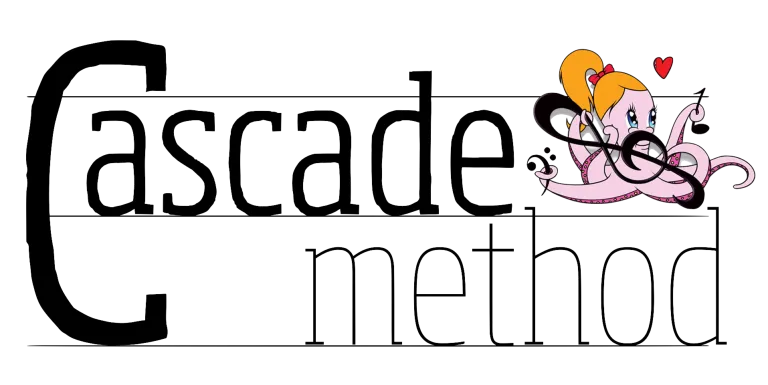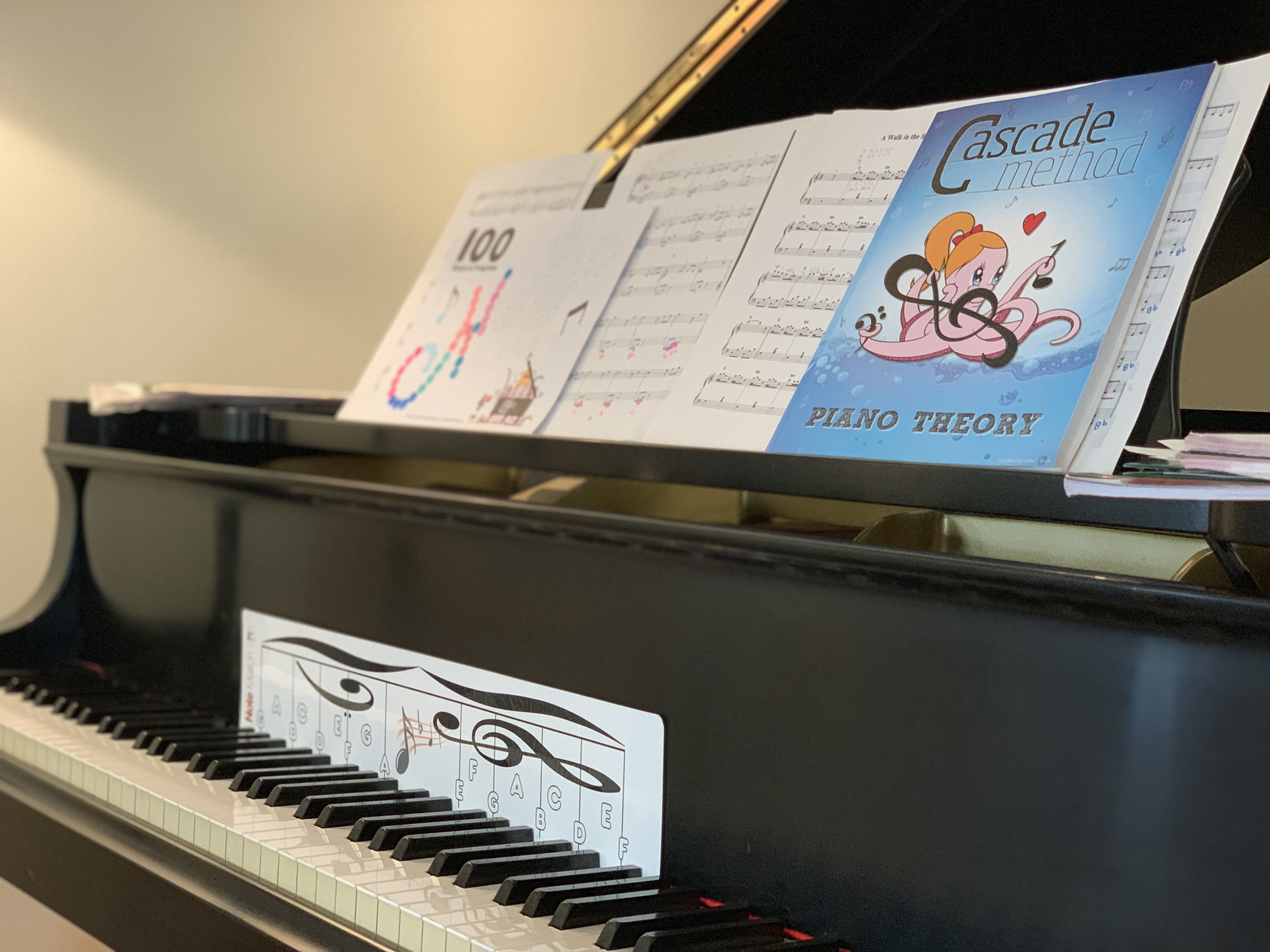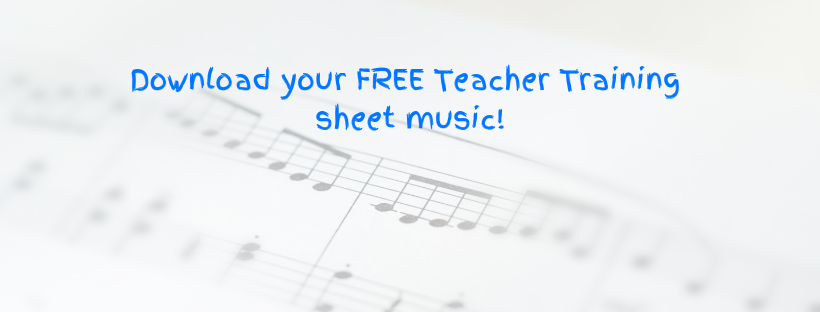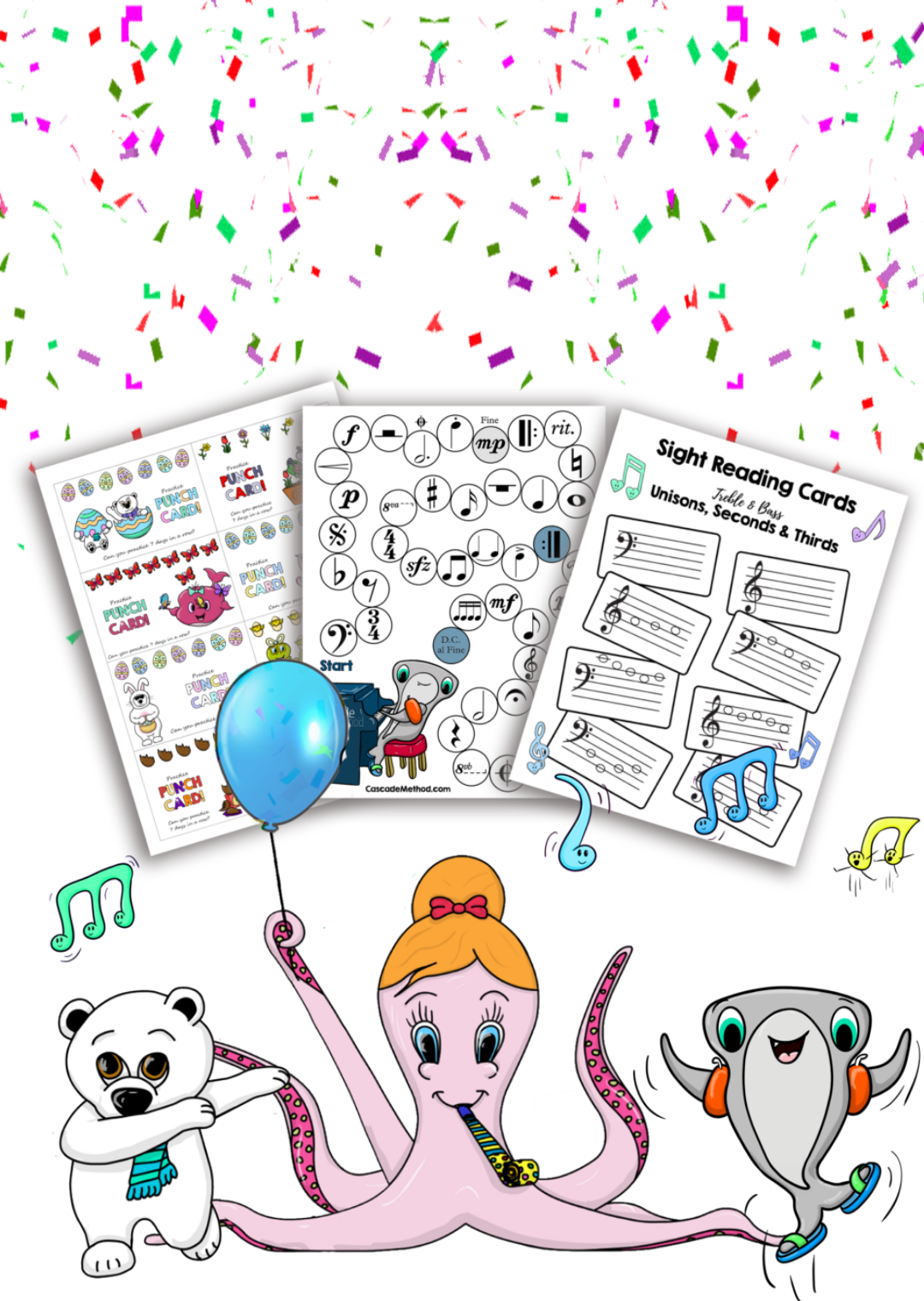
Piano Teacher Tips: How To Hook Piano Beginners in the First Lesson
I’m a firm believer that all things tend to come full circle. Each blog is meant to shed light on my story and my passion for piano and for The Cascade Method. Not only do I want to share my story, but also offer practical piano teacher tips that I’ve discovered and manifested over the years.
Do you want to know how to hook your students and their parents by teaching them how to play full music in the very first lesson?
It’s funny because my story and this piano teacher tip really go hand and hand. The first piece I ever wrote is called Cascade, (hence why my business is called that). I was 16 years old when I wrote this piece and it’s been the gateway to everything else. I’m serious when I say full circle.
I plan to dive into that story on a later date- I know you’re reading this because you want piano teacher tips! I’m going to tell you how to hook piano beginners in the first lesson. Here’s my secret sauce!
Piano Teacher Tips: #1
How To Make The First Piano Lesson Fun & Encouraging
Not only are you going to hook your students, but you’ll also hook their parents! There’s no better way to make a student excited about learning the piano then showing they can do it on the very first try.
Start by asking if they know how to play anything.
Your first encounter with a student is extremely important. It’s best to give them the floor and allow them to open up first. Some will have previous experience and others won’t. Have them show you their stuff, then offer a suggestion.
Make music together.
After hearing them play, show your excitement! If they’ve never played before, show your encouragement by skipping right to this step. Suggest playing together! It’s common for students to be shy at first. In order to make them comfortable, YOU have to be confident in yourself and be excited for them! Start playing a simple base tune and suggest them to jump in when they’re ready.
Tell them to play ANY black key.
Once they’re ready to join you, tell them to play any black key! It’s guaranteed to sound good! Once they realize that it sounds pretty good, they’ll start playing more black keys and realize, this isn’t so bad! I can do this!
(Not to mention, my very first piece, Cascade, uses the same black key. That’s where this piano teacher tip was manifested). #FULLCIRCLE, people!
End with a bang!
When you can tell the child is ready for it to end, or you think it’s time to end, tell them to play the highest or lowest of the three black keys. You might have to point out the specific note if finding the three black keys is too hard, but this will really bring a big finale to the piece!
Watch their confidence soar!
Once they see what they can do, they immediately become hooked! Then once the parents show up, they can’t wait to show off their new skills! I’ve had parents in tears, overwhelmingly impressed with what music their child created within the very first lesson.
It doesn’t sound like much but it starts your training off on a high note… pun intended!
You’re probably wondering, what sheet music should I play for them?
Click here for your very own music arrangement that is guaranteed to hook all piano beginners!
There are thousands of different variations that can be done- in this music arrangement, you’ll be given a couple to get you started! You can play each line as many times as you want, enough for the student to get comfortable and feel safe improvising.
It’s important to talk during the improvisation, encouraging the student to try any black note. Sometimes, I’ll even run my hands from the highest black note, down the keys, like a waterfall sound. Their eyes usually light up when they see that even that sounds amazing, and they can’t wait to try it!
Personally, I’m a sucker for pretty, soft music, so my accompaniment tends to lean that way. There’s always the option of adding staccato into each variation. In this PDF, the fourth line is very conducive to upbeat music!
Some kids might respond better to something more lively! Ultimately, you just have to use your judgment as a teacher.
I can’t wait to hear your feedback on this simple, yet practical piano teacher tip! Please comment below how your experience goes and share with other piano teachers!



